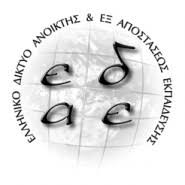This item is provided by the institution :
 Greek Network of Open and Distance Education (EDAE)
Greek Network of Open and Distance Education (EDAE)
Repository :
Open Education: the journal for Open and Distance Education and Educational Technology
| ΕΚΤ eJournals

